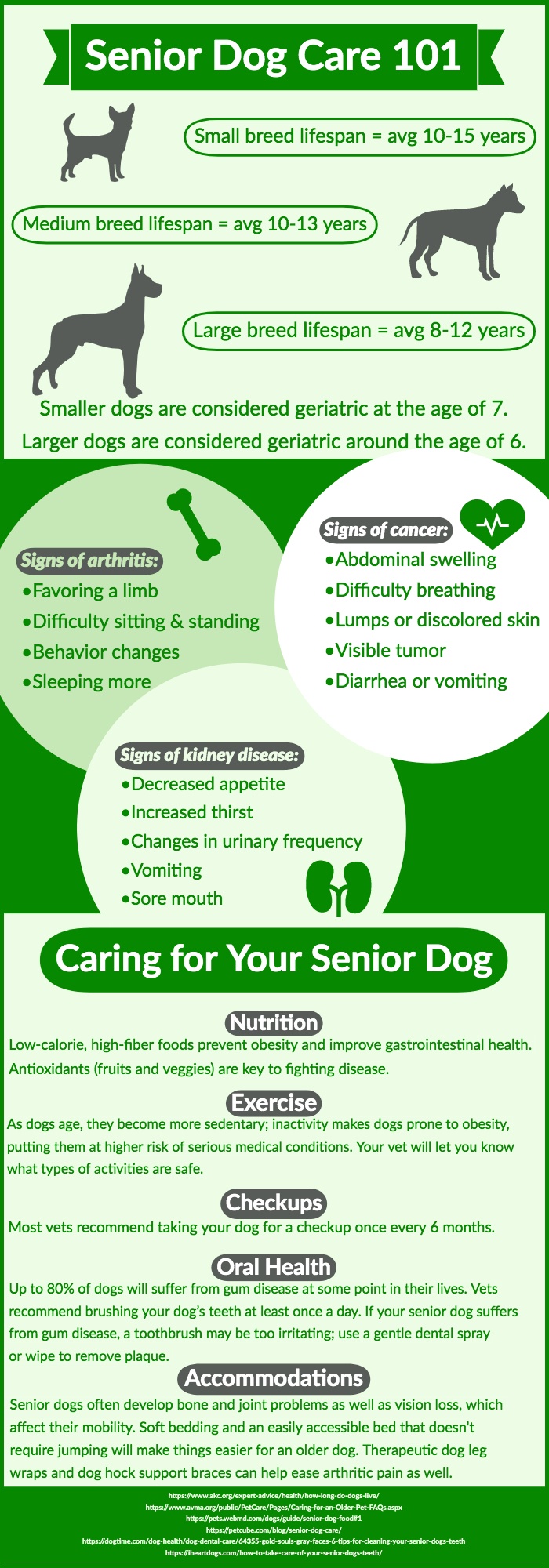How Dogs Bond At Daycare
How Dogs Bond At Daycare
Blog Article
Can Canine Childcare Reason Disease?
Canines in daycare obtain great deals of exercise, socializing with various other dogs and one-of-a-kind experiences. This can be especially helpful for pups and pet dogs with behavioral concerns.
There are several legal factors to consider you require to consider when starting a doggy day care organization. These consist of the structure of your business and compliance with government policies.
1. Dog Distemper
Canine distemper is spread out via straight contact with the physical liquids and waste of a contaminated pet, yet it can additionally be sent via shared water and food bowls or through airborne droplets. This extremely infectious health problem is most unsafe for pups, yet it can influence pets of any kind of age and is fatal for most if left neglected.
Initial symptoms of canine distemper typically simulate a cold, including drippy eyes and nose with watery or pus-like discharge. As the illness advances, a pet dog will establish fever, coughing, decreased appetite, vomiting and diarrhea. The infection can additionally assault the nerve system, leading to seizures, jerking and partial or total paralysis.
Respectable day cares minimize exposure to infection by requiring vaccinations, routine health examinations and follow rigorous health procedures. If your puppy seems excessively exhausted or limping, a day of rest may aid him recoup, however you must prevent taking him back to daycare until these symptoms clear up.
2. Kennel Coughing
Kennel coughing, additionally referred to as contagious canine tracheobronchitis or Bordetella, is a highly contagious viral or bacterial condition that influences the breathing tract. It's commonly moved via the exchange of saliva or air beads that an ill canine exhales. Social dogs go to greater danger for infection due to their frequent communication with each other, such as when they play, share food or water, smell one another or simply fulfill in a jampacked atmosphere like a canine park or daycare.
The most usual sign of kennel cough is a persistent and strong coughing that sounds like something stuck in the throat or retching. Usually, pet dogs will cough up foamy white phlegm. If left neglected, a dog can create pneumonia and be at major risk permanently.
A trustworthy childcare facility should have rigorous cleansing and sanitation methods, disinfect all toys, food and water bowls routinely, and be open concerning their vaccination policies. Maintaining your pet dog up to day on their vaccinations, specifically for bordetella and canine flu, will considerably decrease their opportunities of acquiring the disease.
3. Parvovirus
Canine parvovirus, or parvo, is a very infectious viral disease that can be deadly for pups and young adult dogs dog boarding facilities with inadequate immune systems. It's most commonly spread out by straight contact with polluted pet feces-- which can take place when canines smell, lick, or preference infected feces-- and indirectly from infected people, things, or atmospheres (like kennels, grooming areas and lawns). Pups and canines without full vaccination backgrounds are particularly at risk to parvo.
The virus is extremely durable, surviving in the atmosphere for up to 9 years, and can easily be moved between pets by contact via feces or on shoes, apparel, and bed linen infected with parvovirus. If not dealt with right away with IV liquids, electrolyte balance, throwing up control medications and anti-biotics to prevent additional microbial infections, a canine will swiftly dehydrate and establish extreme diarrhea, which causes shock and blood poisoning. Parvo is challenging to heal once a pet dog has actually ended up being ill, yet with appropriate veterinary treatment, many young puppies do endure this disease.
4. Pooch Influenza
Dog flu virus is extremely transmittable and spreads through straight call, sharing food and water bowls, licking or nuzzling other pet dogs, via airborne beads, and via contaminated surface areas. Inoculation is effective in minimizing the threat of infection and break outs.
The majority of affected pet dogs create a mild breathing infection with a coughing that lasts 1-3 weeks. They might also have nasal and eye discharge, sneezing, and sleepiness. Some of one of the most significant cases lead to pneumonia and a high fever.
If your pet exhibits any of these signs, do not bring them back to childcare until they are healthy and balanced. If your pet is revealing signs of extreme exhaustion or hopping, talk to your veterinarian right away and ensure they get on healthiness supplements to assist develop their resistance. A veterinarian will examine your pet for symptoms of the flu by taking an example from the nose or throat, and blood examinations can be done to confirm.